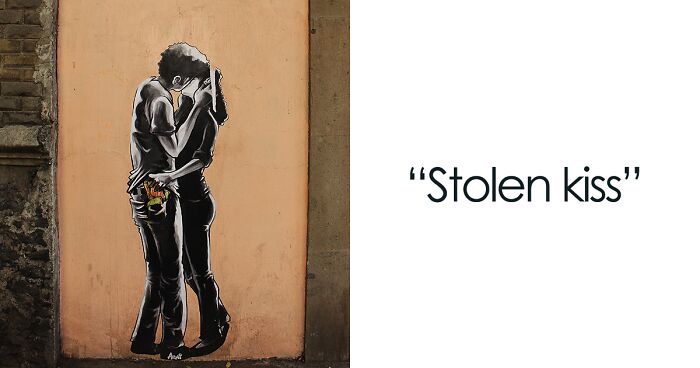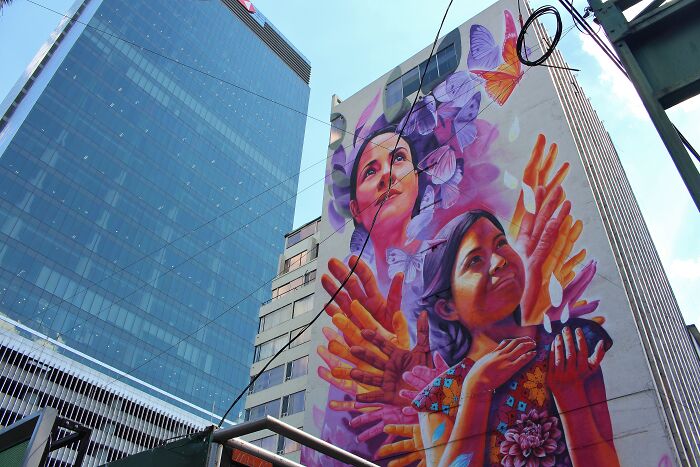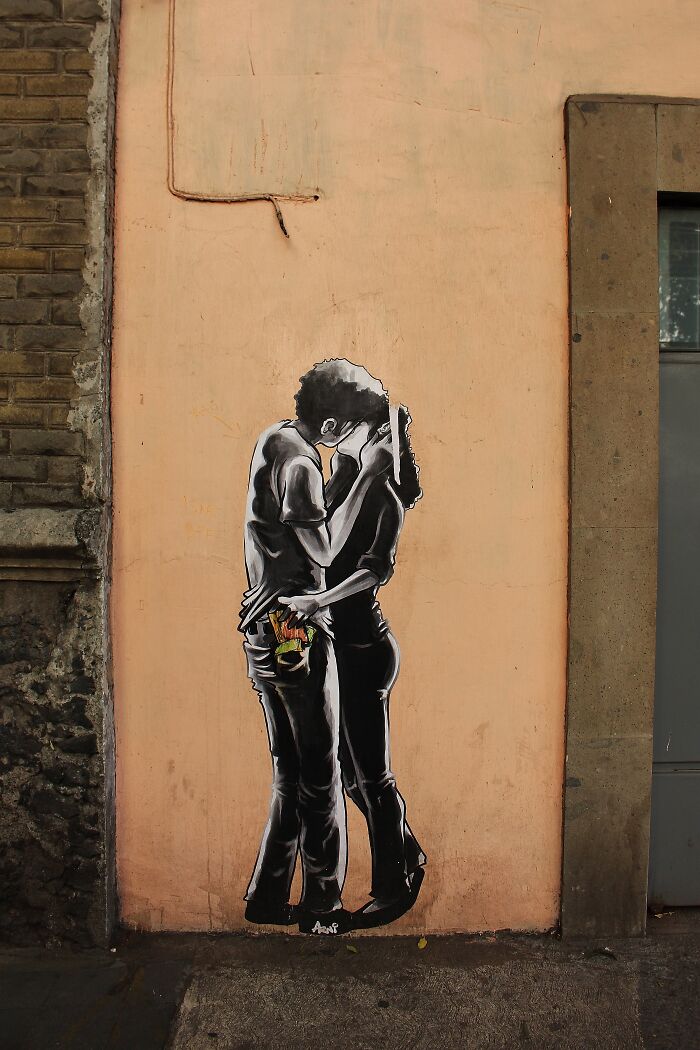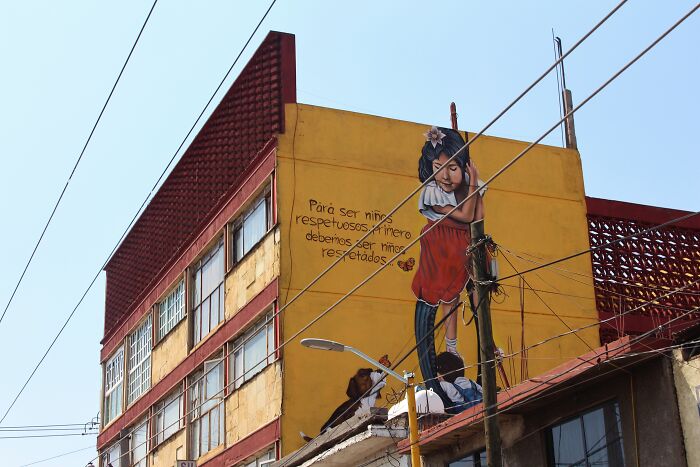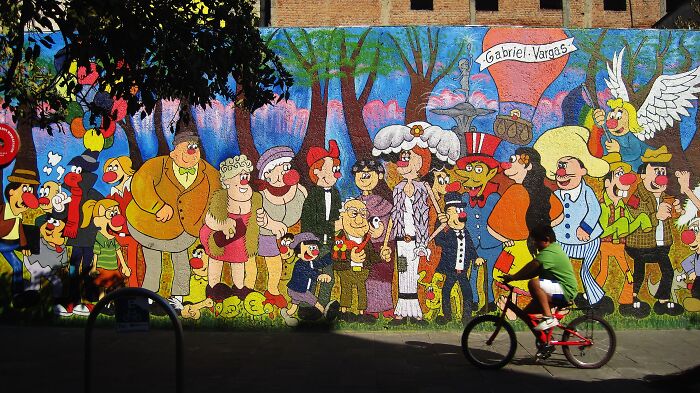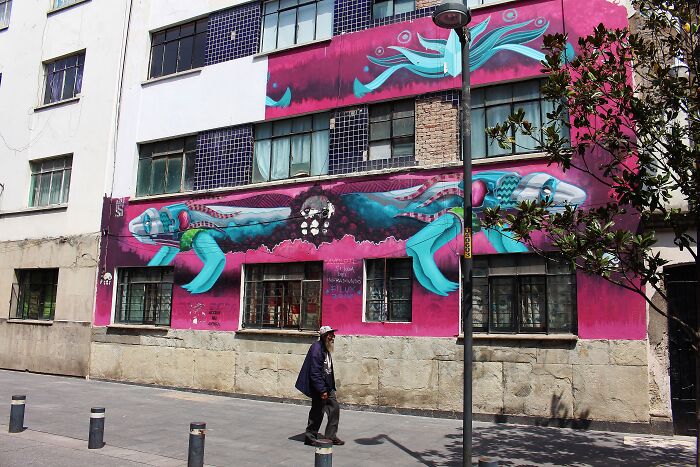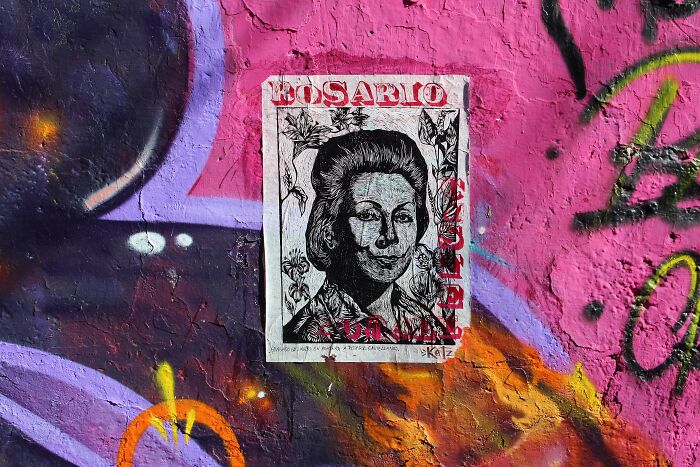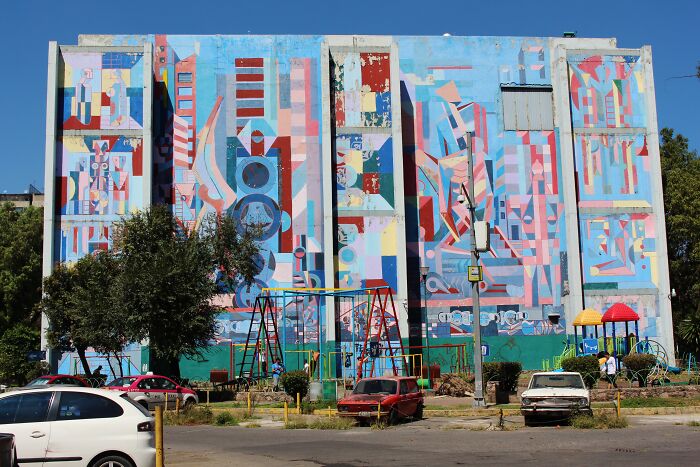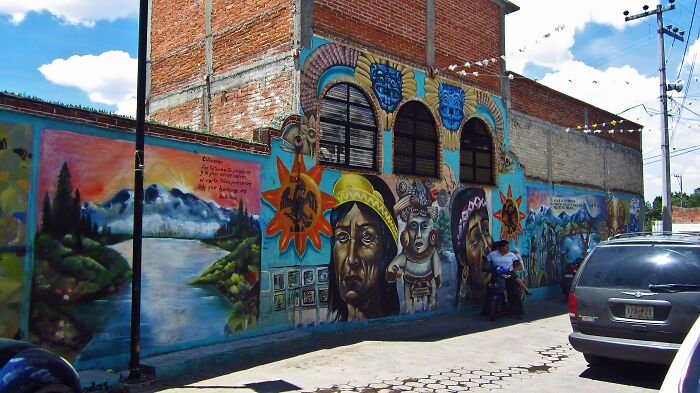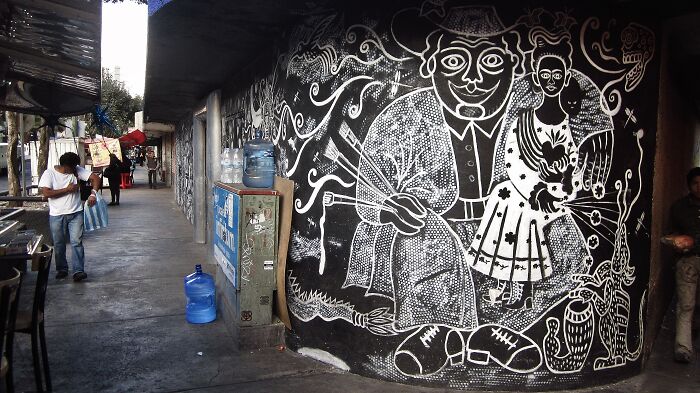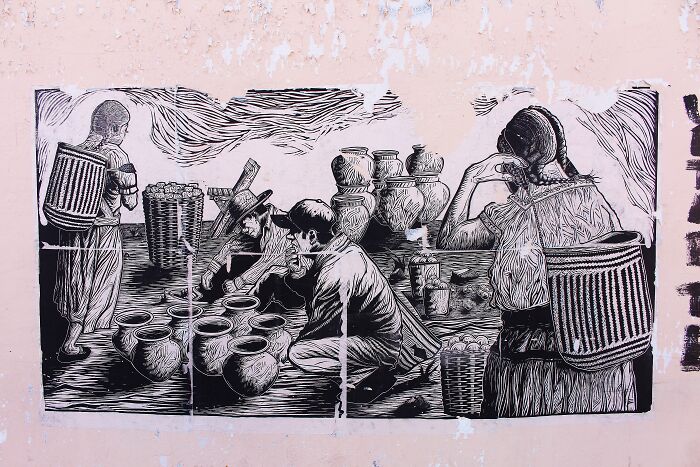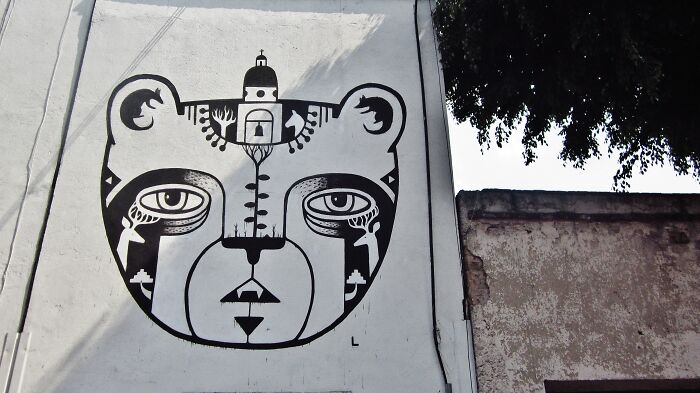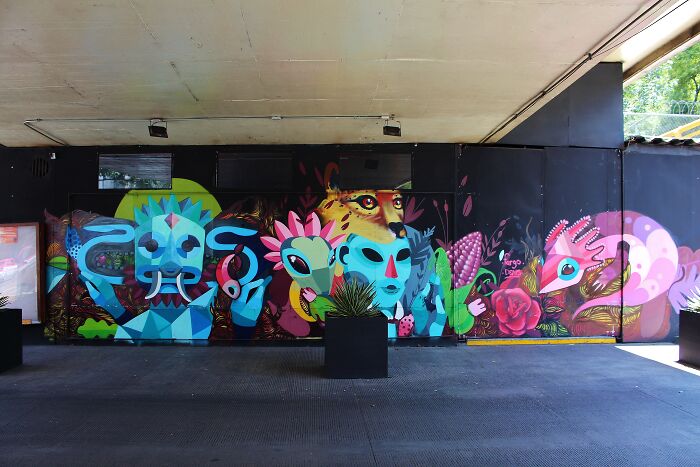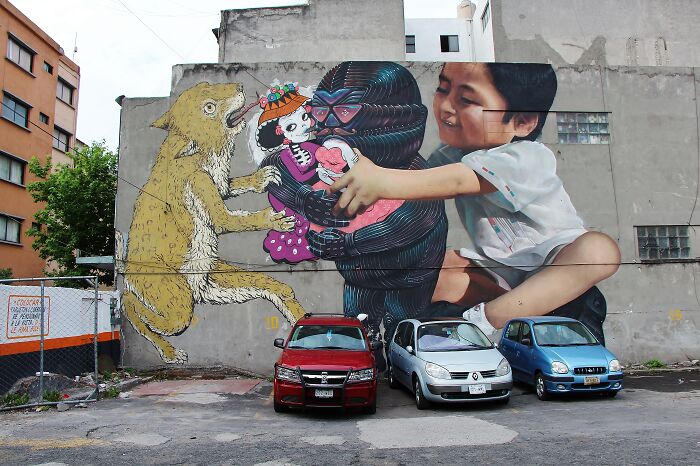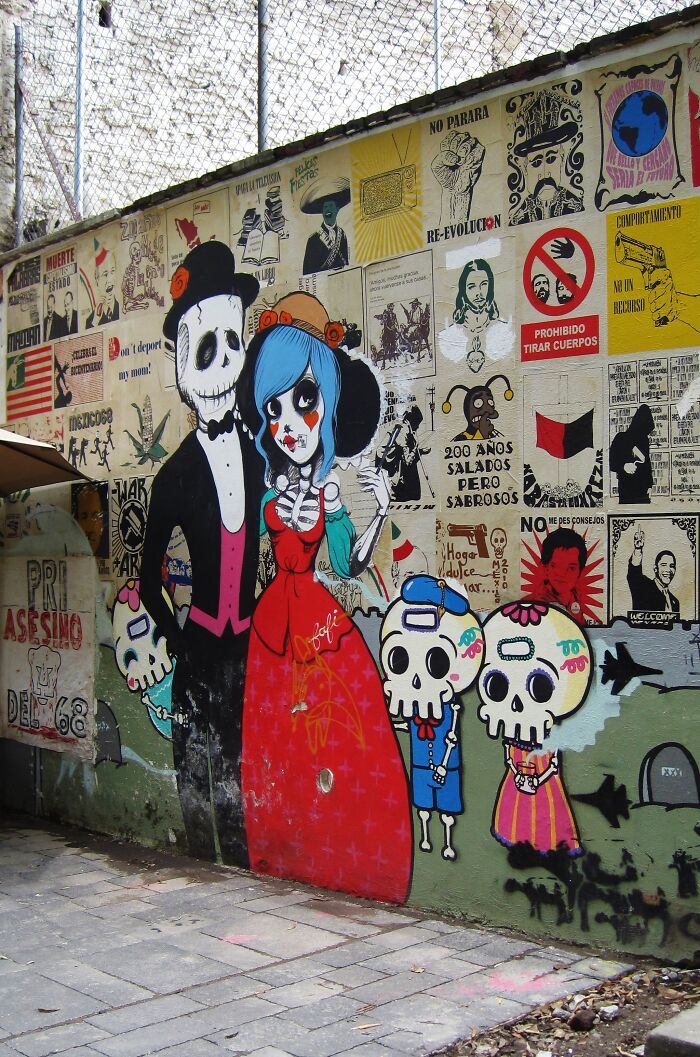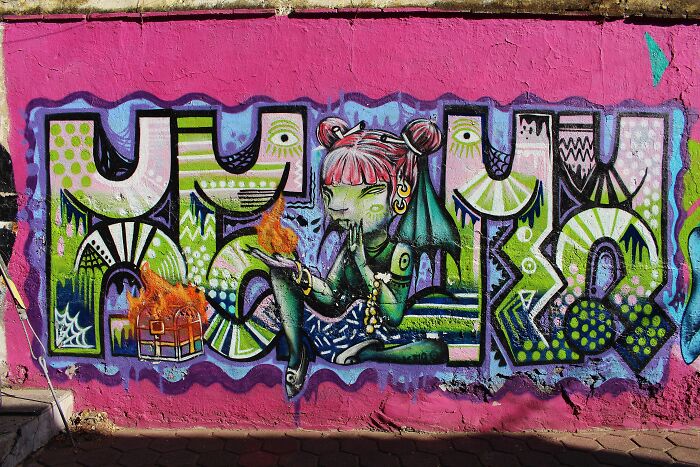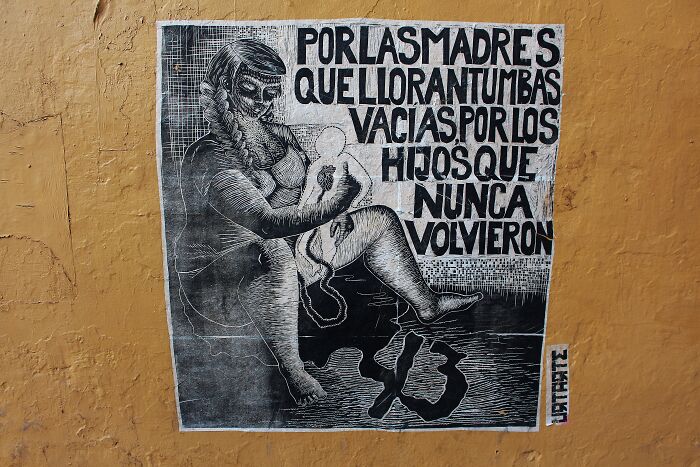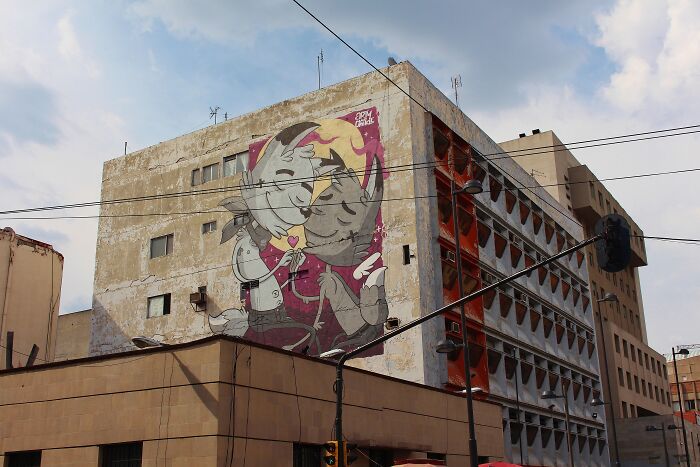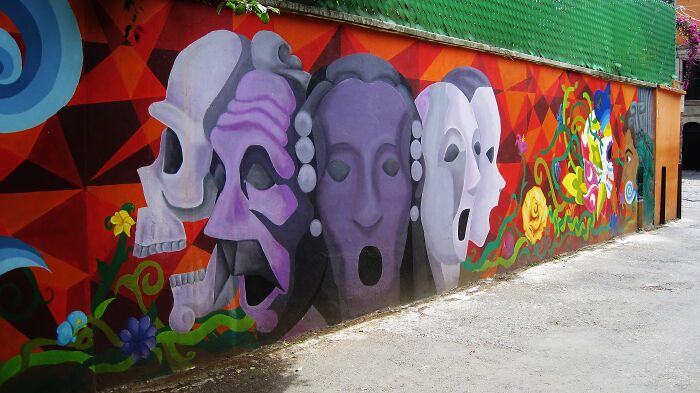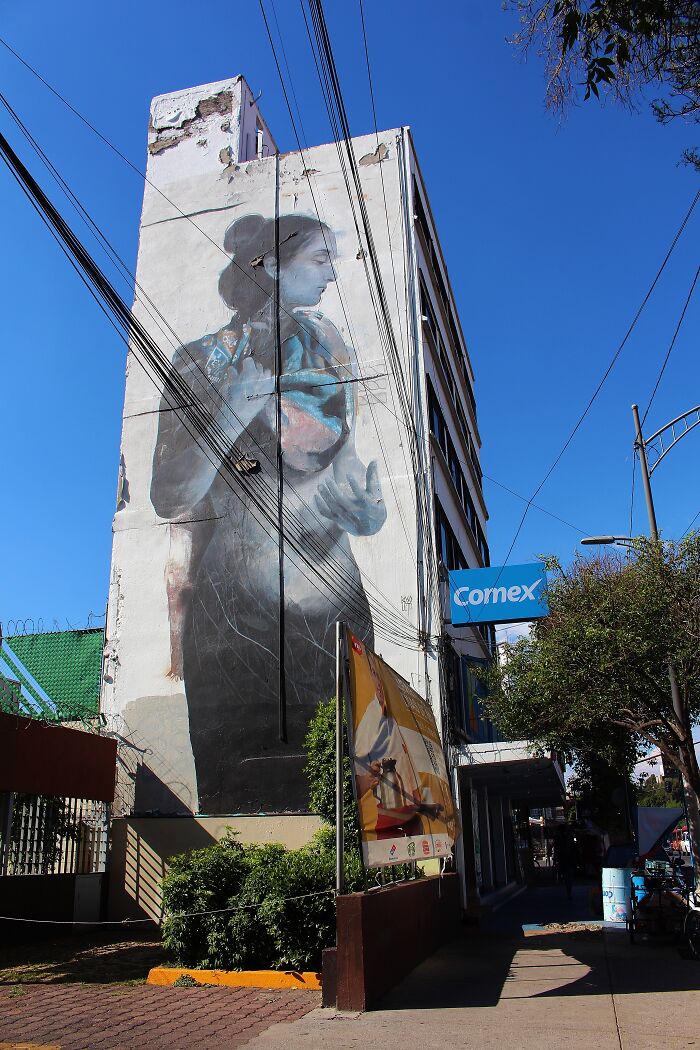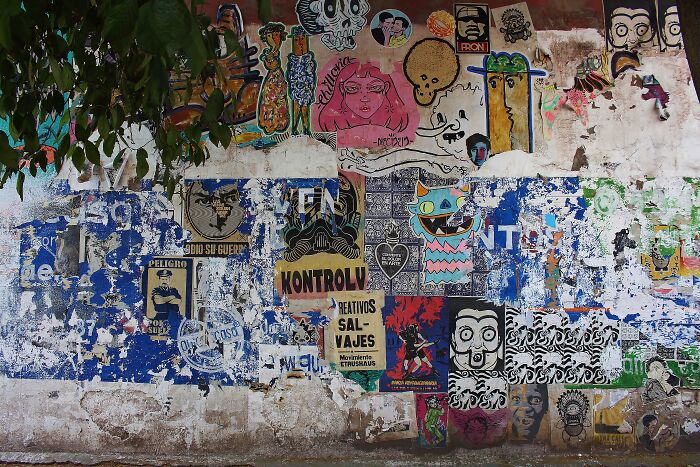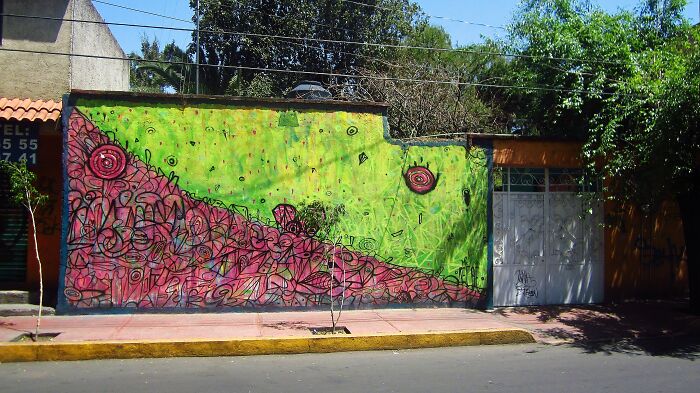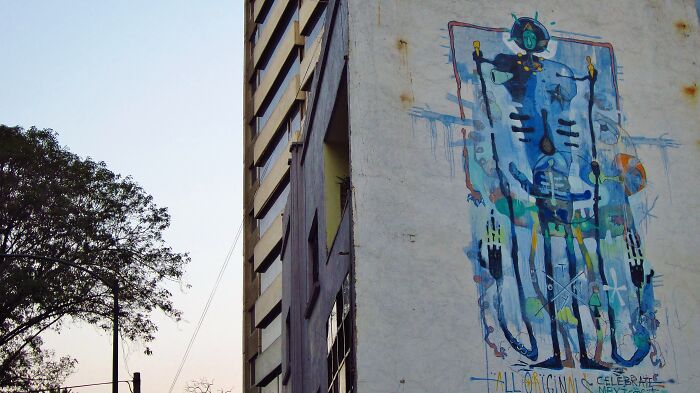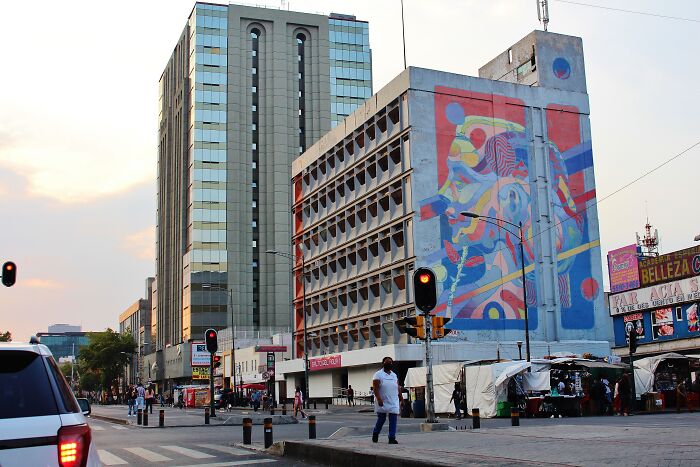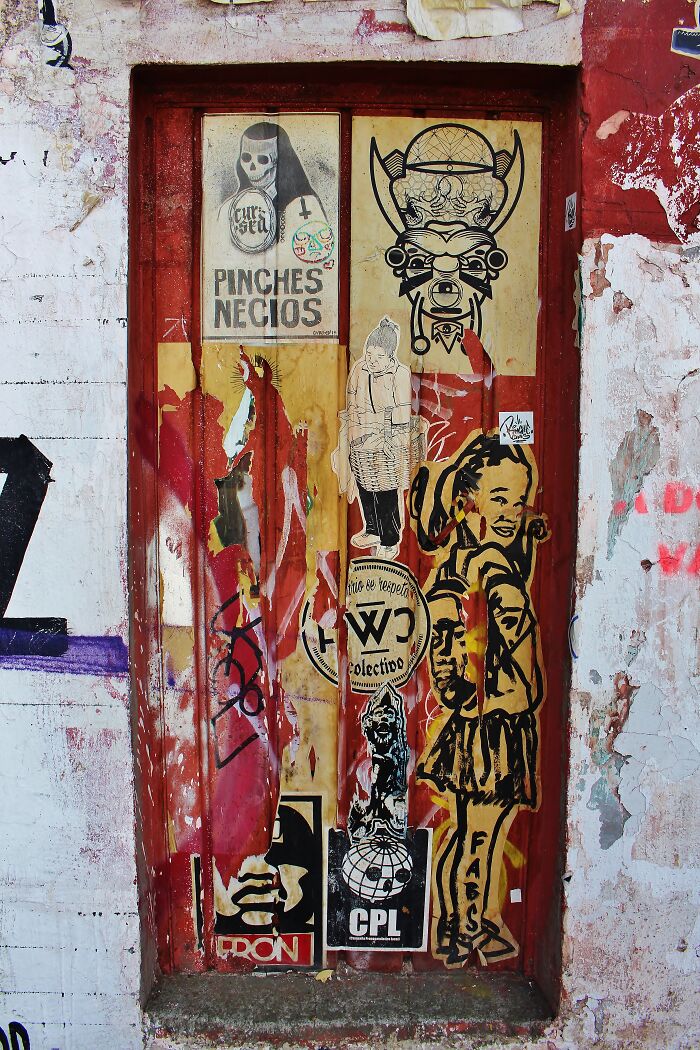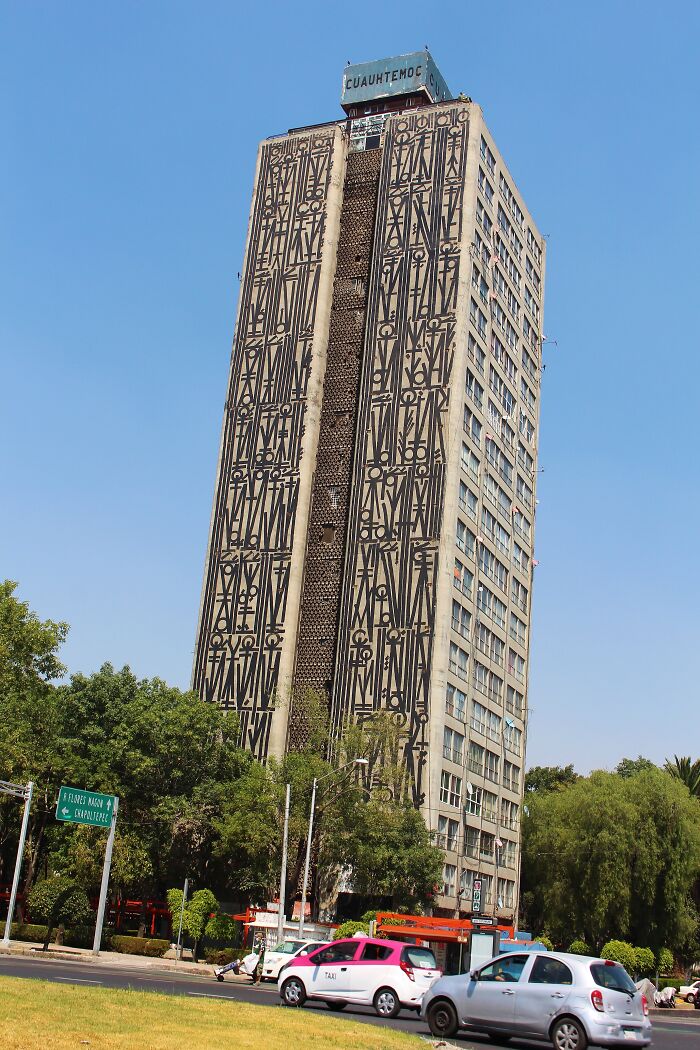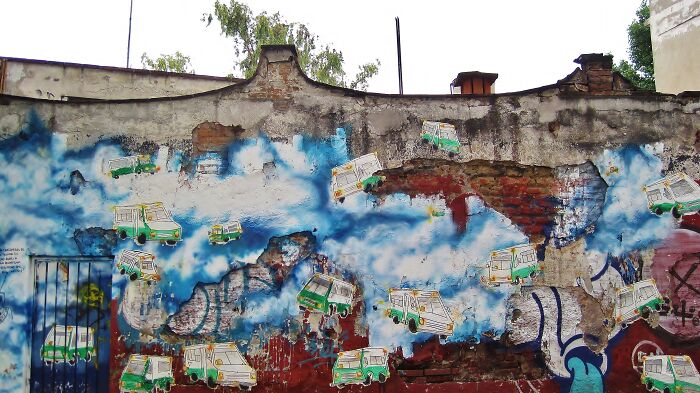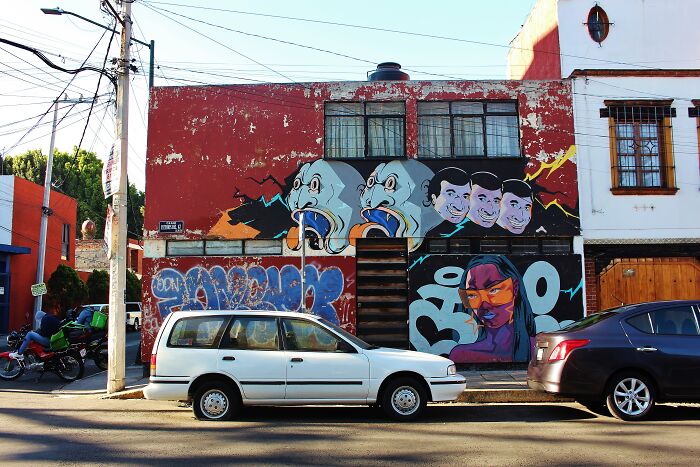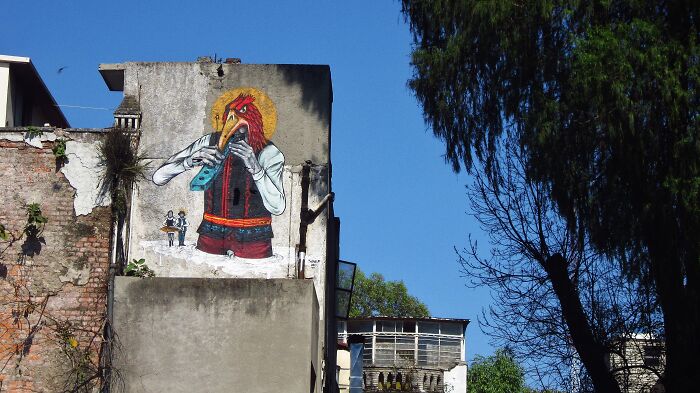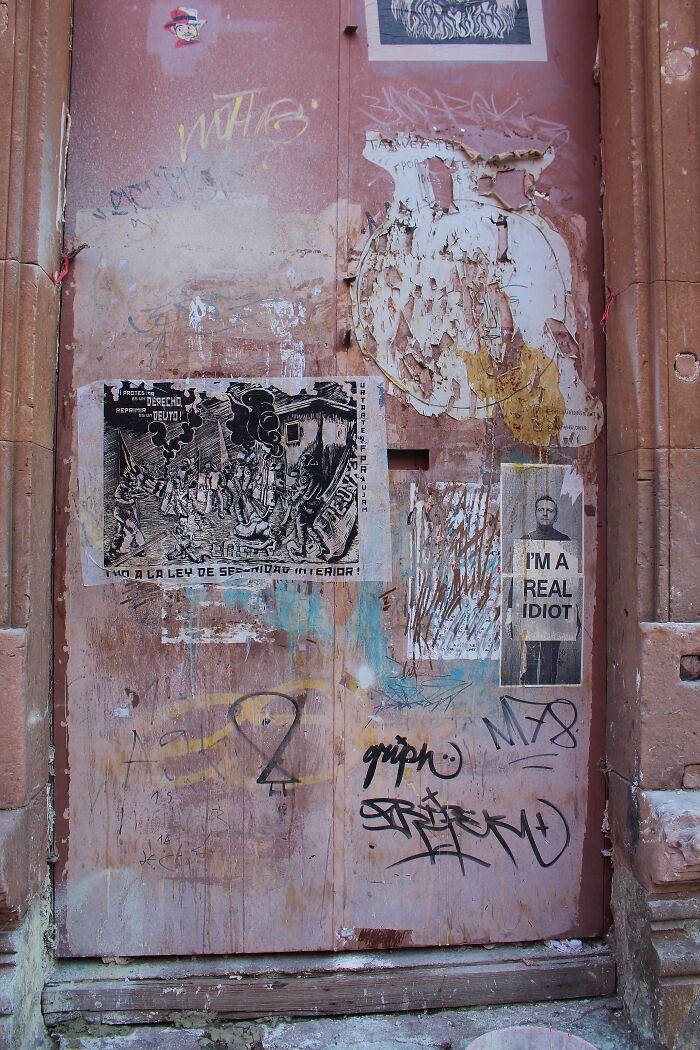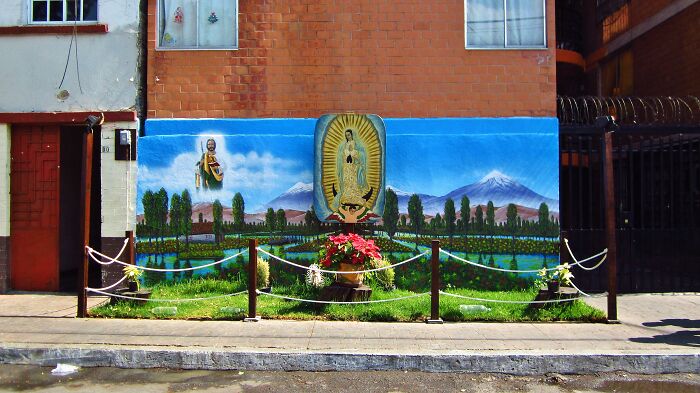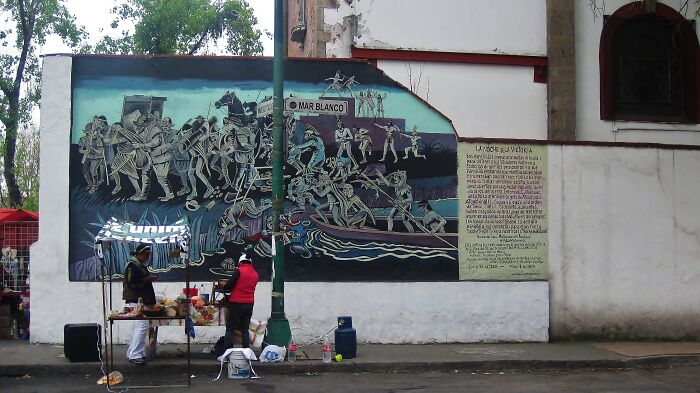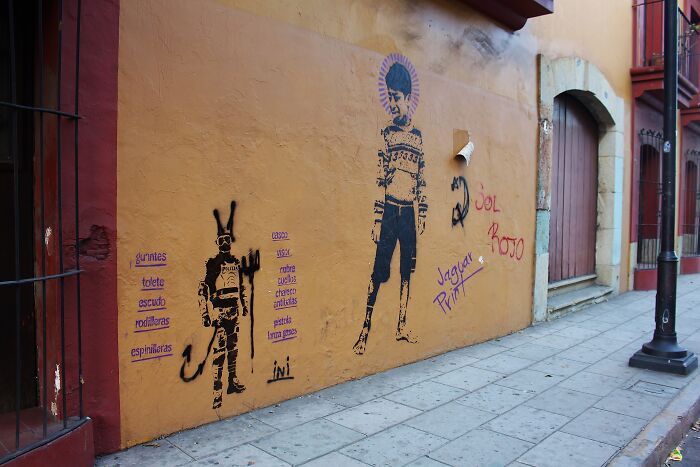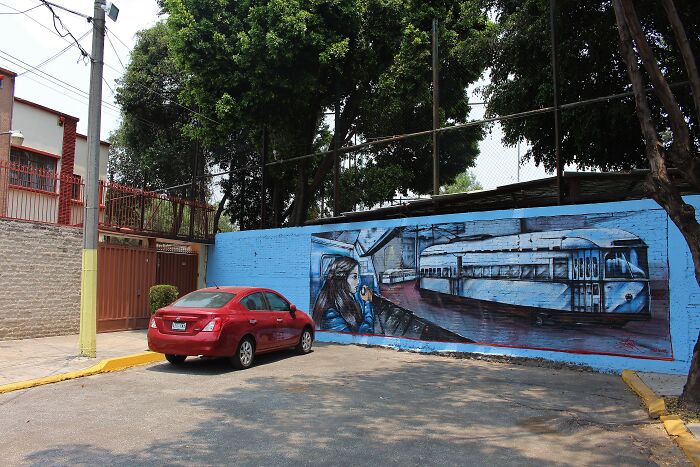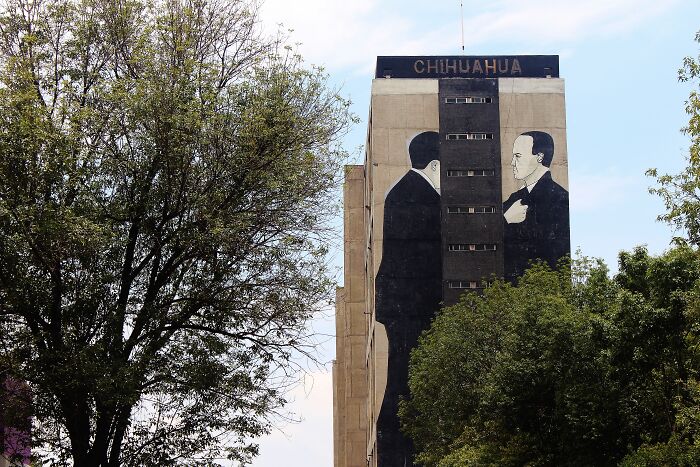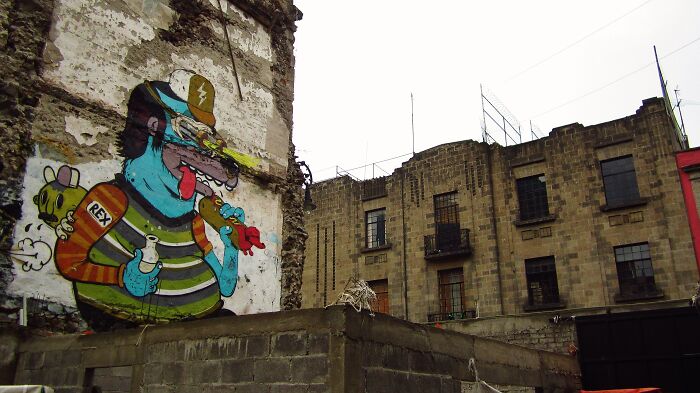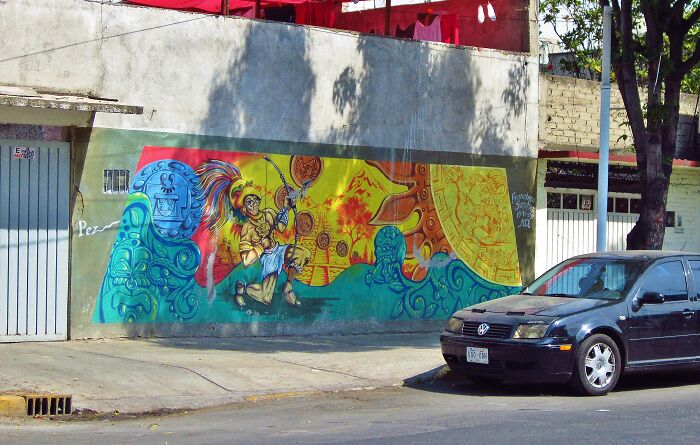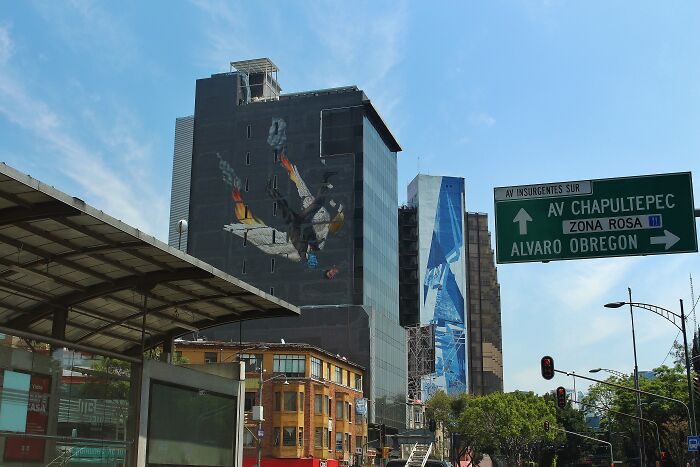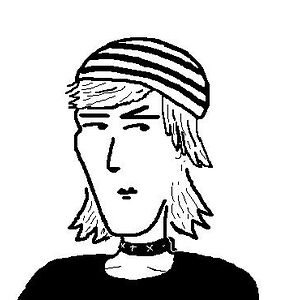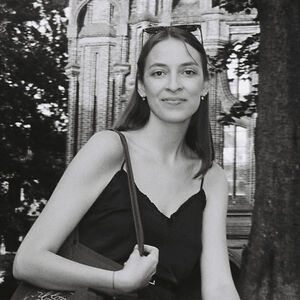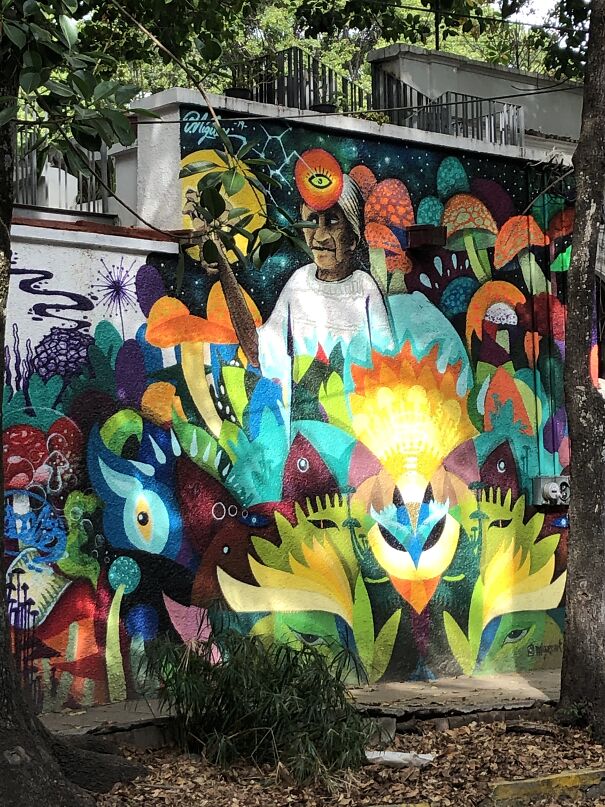I have been walking the streets of Mexico looking for interesting places. Among the things I found were works of urban art that represent the feelings of Mexicans.
Many times we ignore urban art because it becomes mundane, but it can tell a lot about the area where it is made. I would like to share some of the most interesting examples that I found.
If you like these pictures, check out my previous post featuring photos of Mexican church domes by clicking here.
More info: atlasobscura.com
This post may include affiliate links.
Butterflies
Stolen Kiss
Children
This work is located in one of the most dangerous neighborhoods in the city. The text says: "to be respectful children, we must first be respected children."
Callejón Del Cuajo
Gabriel Vargas was a famous cartoonist who created the comic "La Familia Burrón".
This I found on a mural in Mexico City next to the chronicler Carlos Monsivais as a parody of the Diego Rivera mural.
Ajolotes
Two abstract axolotls are depicted on this mural. These animals are endemic to Mexico along with the maguey, which is the plant that is drawn above.
Rosario Castellanos
Rosario Castellanos is considered to be the best Mexican writer of the 20th century. There she is on this poster in Coyoacán.
Tlatelolco
Iztapalapa
Diego And Frida
Market Day
Jaguar
Allusions To Mexico
In a postmodern neon style, allusions to Mexican culture are distinguished in this underbridge.
The Mexica, god of water, Tlaloc, the feathered serpent, Quetzalcoatl, a jaguar warrior, an axolotl and a corncob to name a few.
A Child's Game
This mural, now disappeared, was created by 4 different urban artists, each one adding a new character to the previous one. It was for many years a benchmark of city urban art.
Catrinas
This drawing made by a foreigner shows allusions to Mexican skulls. The couple is framed by several posters loaded with Mexican black and political humor.
Coyoacán
The 43 Normalistas
This poster recorded in Oaxaca portrays the mothers of those who disappeared due to violence in Mexico.
The number 43 symbolizes the Ayotzinapa normalistas (disappeared ones). The text says: "For the mothers who mourn empty graves, for the children who never came back."
Gay Foxes At The Subway Station
Callejón Del Aguacate
Avocado Alley is known as one of the most haunted places in Mexico. In one of its entrances, there is this mural that recalls its specters and legends.
Insurgentes Street
San Rafael Wall
Xochimilco
Mexico City
Subway Station
Sor Juana
One of the posters on the door (the skull) portrays the poet nun Sor Juana Inés. One of her most famous poems says: "Foolish men who accuse women without reason, without seeing that you are the occasion, of the same thing you blame." The poster says: "fu*** fools".
Tlatelolco Buildings
Peseros Flying
The pesero is a typical Mexican public transport named for charging a peso at its origin. Little by little it is disappearing replaced by more modern transport, but it is still an icon of the poor neighborhoods of the city.
Faces
Colonia Roma
Posters
Santa Julia
Every December 12, the Santa Julia neighborhood creates street altars in honor of the Virgin of Guadalupe. Many add urban art to their kitchen creations.
La Noche Triste (La Noche Victoriosa)
This mural that illustrates one of the episodes of the Spanish conquest of Tenochtitlan is located on one side of the street where the battle of the sad night (according to Spain) or victorious night (according to Mexico) took place.
Boy With Grenadier
On the sides of the grenadier is the equipment he uses to repress protests: bulletproof vest, helmet, gas launcher, etc.
Electric Transportation
On one side of what once were the electric transport warehouses of Mexico City in the 70s.

 Dark Mode
Dark Mode  No fees, cancel anytime
No fees, cancel anytime 




